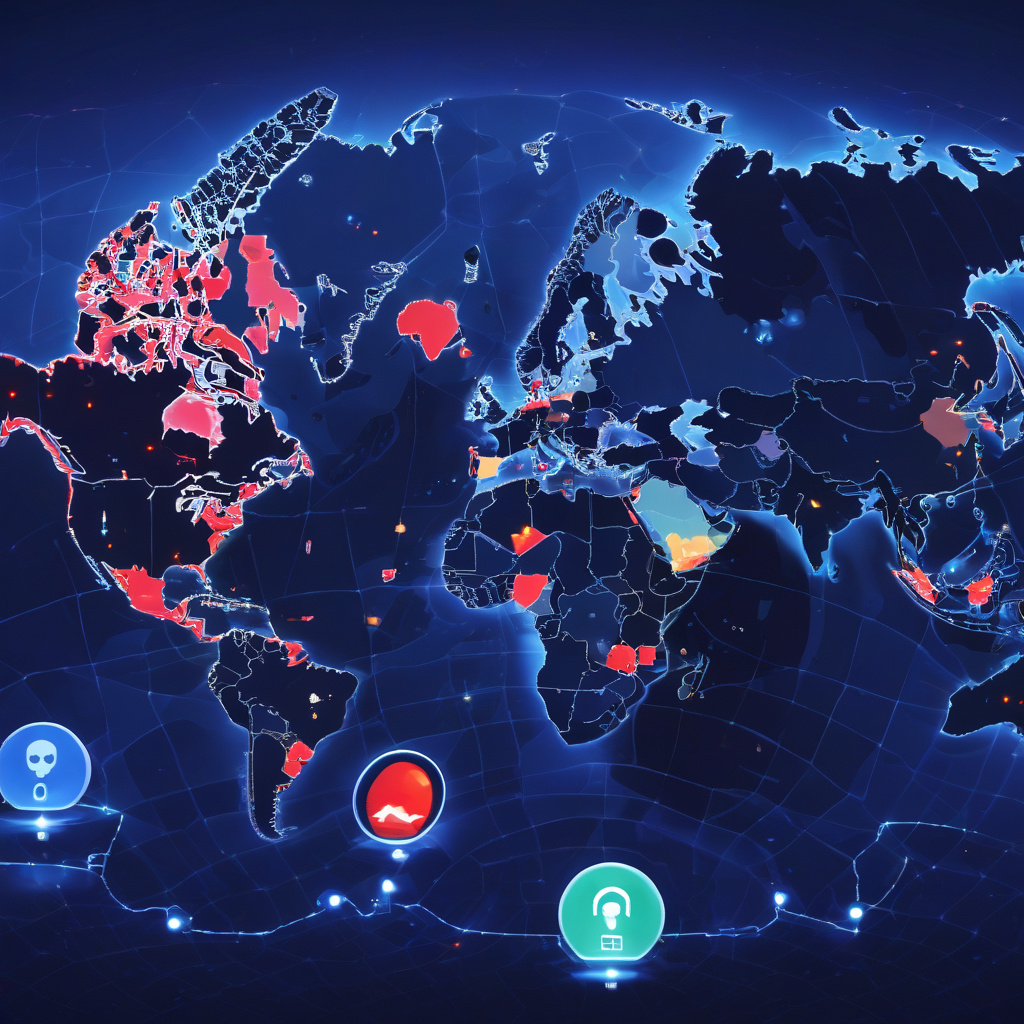In the digital age, the use of Virtual Private Networks (VPNs) has skyrocketed due to the unparalleled level of online privacy and security they provide. VPNs allow users to mask their IP addresses, encrypt their internet traffic, and access geo-restricted content, making them indispensable tools for individuals and businesses alike. However, not all countries view VPNs in the same light, with some going as far as to ban their usage altogether.
Countries that have banned the use of VPNs typically do so to exert control over the flow of information within their borders, restrict access to certain websites, or prevent citizens from circumventing government-imposed internet censorship. While the list of countries that have banned VPNs is not exhaustive, some notable examples include:
China: The Chinese government strictly regulates the use of VPNs, requiring VPN providers to obtain a license from the government. Only government-approved VPN services are allowed to operate in the country, with many popular VPNs being blocked.
Russia: In Russia, the government has cracked down on VPN usage as part of its efforts to tighten control over the internet. Roskomnadzor, the country’s media regulator, maintains a blacklist of banned websites, and VPN services that do not comply with government regulations risk being blocked.
Iran: Iran has also banned the use of VPNs, citing national security concerns. The government closely monitors internet traffic and blocks access to VPN services to prevent citizens from accessing blocked content or communicating privately.
UAE: The United Arab Emirates has strict regulations regarding the use of VPNs, requiring individuals and businesses to obtain a license to use VPN services legally. Unauthorized VPN usage can result in fines or even imprisonment.
While these countries have taken a hardline stance against VPNs, it’s essential to note that the legality of VPN usage varies widely around the world. In many countries, VPNs are perfectly legal and widely used to enhance online privacy, bypass geo-restrictions, and secure sensitive data.
In conclusion, the use of VPNs provides a crucial layer of security and privacy in an increasingly interconnected world. While some countries have banned VPN usage for various reasons, the majority of nations continue to recognize the value of VPNs in safeguarding online activities. As such, individuals and businesses must stay informed about the legal status of VPNs in their respective countries to ensure compliance with local regulations and protect their online presence.

